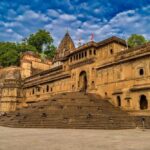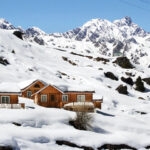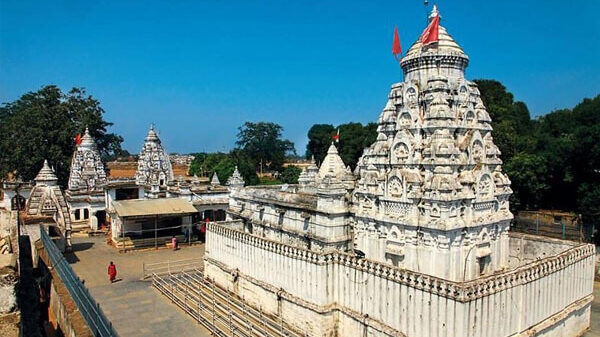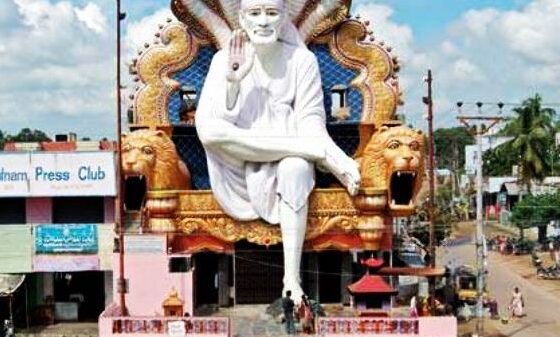Dzukou Valley, a hidden treasure in Northeastern India, is famous for its peculiar biodiversity, luscious green scenery, and unspoiled beauty. Trekkers, botanists, and environment lovers go from all over the globe to this unspoiled paradise. We will take you on a virtual tour of Dzukou Valley in our travel blog, showcasing its amazing beauty, varied flora and wildlife, and exciting activities that lie ahead.
Location and Accessibility

Dzukou Valley, which shares a border with the Indian states of Nagaland and Manipur, is located 2438 meters above sea level. The valley is accessible from both states via the towns of Imphal in Manipur and Kohima in Nagaland. Winding roads lead to the entrance of the valley, and the drive from either city to the valley is an experience in and of itself, affording stunning views of the Eastern Himalayas.
The Trekking Experience

Trekking is the most popular method to experience Dzukou Valley, it’s a demanding but worthwhile journey. The charming town of Zakhama is home to the trek’s base camp. Trekking trails provide an immersive view of the region’s varied topography as they wind through bamboo groves, deep woods, and steep inclines. Hikers have the choice of a two-day excursion or a longer walk that permits a more thorough investigation of the valley.
Flora and Fauna
The flora of Dzukou Valley is known for being distinctive and varied. The presence of beautiful summer flowers here sometimes earns it the nickname “Valley of Flowers of the East.” Botany lovers will find great satisfaction in the valley because of its abundance of rare orchids, lilies, and rhododendrons. Look out for the unique areas of Himalayan Lilies, Dzukou Lilies, and the captivating Shirui Lilies.
Numerous animals may be found in the valley, such as the clouded leopard, Mithun, and the rare Blyth’s tragopan. The natural environment here is preserved in part by the calm surroundings and little human activity.
The Serene Serpentines
With its meandering streams and pure rivers, Dzukou Valley’s natural characteristics are among its most recognizable. The soft murmur of these pools of water enhances the tranquillity of the valley. Hikers often set up camp next to these water springs to spend an amazing night beneath the stars.
The Japfu Peak
The Japfu Peak is a fantastic complement to the Dzukou Valley experience for those with a greater sense of adventure. Reaching a height of 3048 meters, this summit provides sweeping views of the surrounding mountains and valleys. You may test your trekking prowess by taking on the strenuous hike up Japfu Peak, which winds through steep and lush woods.
Cultural Encounters
Dzukou Valley offers a chance to engage with the native Naga tribes in addition to being a place of natural beauty. Tourists may learn about the habits and traditions of the locals, who have a rich cultural past. You may encounter the kind hospitality of the Naga people by visiting their villages throughout the trip to the valley.
Best Time to Visit
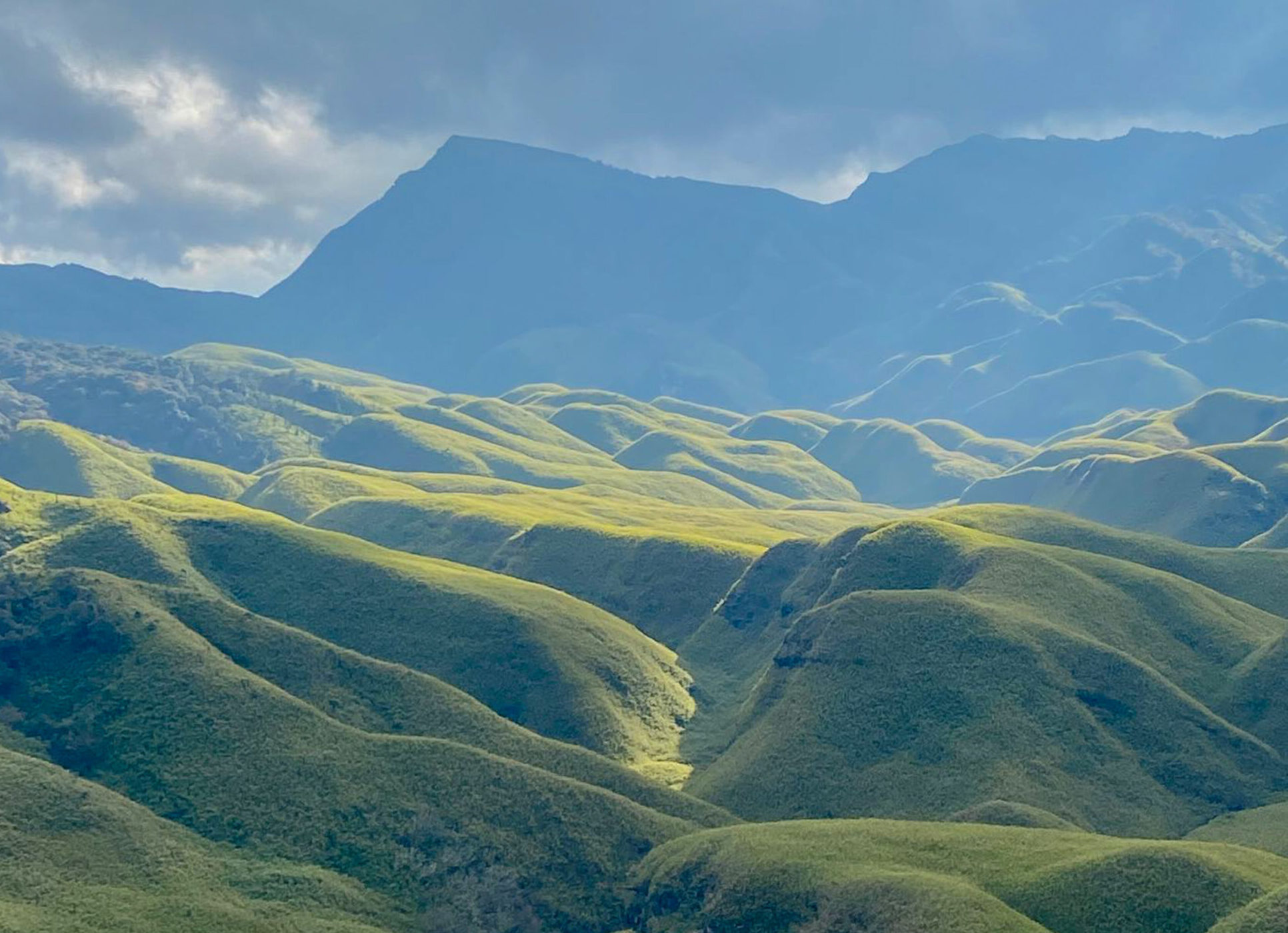
The best times to visit Dzukou Valley are the summer months of June to September when the valley is adorned with a riot of full-bloom wildflowers. The temperatures are appropriate for hiking and the weather is lovely. But for those looking for something new, the winter season—which runs from November through March—offers a distinctive, snow-covered environment.
Preservation and Conservation
The unspoiled beauty of Dzukou Valley is evidence of the commitment of the surrounding communities to conservation initiatives. When visiting the valley, visitors must exercise responsibility and environmental awareness. Recycle all trash, leave no trace, and show respect for regional traditions and customs.
Conclusion
Dzukou Valley is a place that attracts both nature lovers and travelers and offers a view of the peace and beauty of Northeast India. If you seek lush greenery, wildlife, and tribal culture, consider Dzukou Valley.



